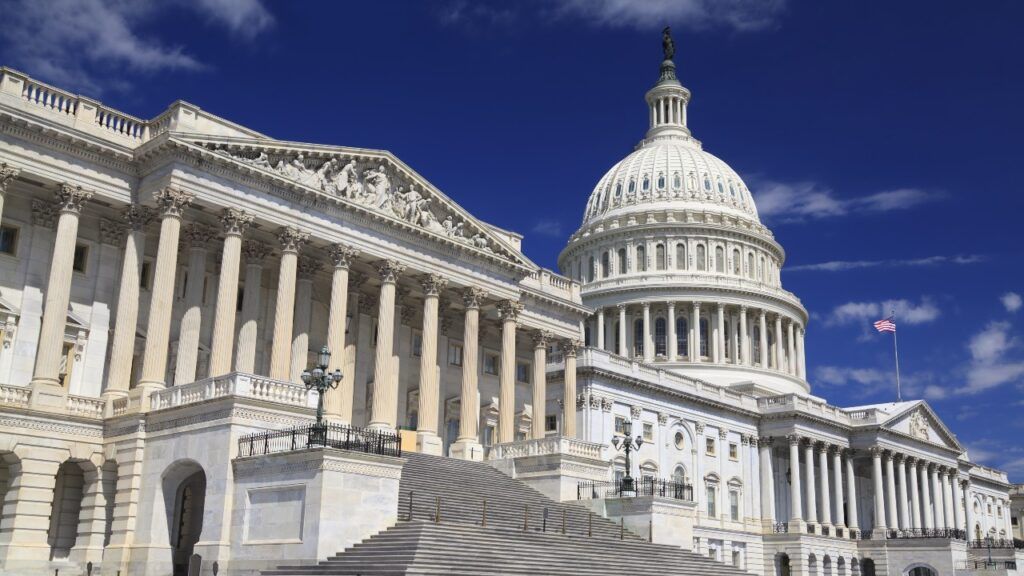
Class action lawsuits have long served as a critical tool to hold corporations accountable for widespread harm. However, recent changes to legislation surrounding class actions are reshaping the legal landscape for these cases, which could potentially affect plaintiffs’ ability to seek justice. If you’re considering joining or filing a class action lawsuit, understanding these changes may be helpful.
Key changes
In recent years, several significant legislative shifts have altered the class action landscape. These changes include:
Strengthened consumer protection laws: The Consumer Protection and Recovery Act (2020) has empowered the Federal Trade Commission (FTC) to hold businesses accountable and seek monetary relief for consumers, particularly in cases involving fraud and deceptive business practices.
Expansion of arbitration restrictions: In 2021, the FAIR Act (Forced Arbitration Injustice Repeal Act) was proposed to curb the widespread use of mandatory arbitration clauses in consumer contracts. If passed, this law will allow consumers to more readily bring class action claims against corporations.
New state-level restrictions: Several states, including California (2020) and Massachusetts (2023), have passed laws imposing stricter requirements on class action lawsuits. These new state laws often require more extensive evidence from plaintiffs, such as proof of widespread harm and clear commonality among class members, making it more difficult to bring a class action lawsuit.
Implications for plaintiffs
The recent updates to class legislation have significant implications for individuals considering class action lawsuits. These changes not only impact plaintiffs’ ability to pursue justice but also introduce new opportunities and challenges.
With the heightened standards for class certification, particularly in states with stricter regulations, plaintiffs may face more scrutiny when attempting to establish commonality and class-wide harm. The increased burden of proof means that some class actions may be blocked early on, leaving individuals with fewer options to seek justice.
While stricter certification requirements present a challenge, the Consumer Protection and Recovery Act (2020) has created new avenues for plaintiffs to hold corporations accountable. The law has made it easier for consumers to seek restitution in cases involving fraudulent or deceptive business practices.
The continued prevalence of mandatory arbitration clauses in consumer contracts presents a significant obstacle for plaintiffs. These clauses effectively prevent individuals from pursuing class action lawsuits. Although the FAIR Act (2021) seeks to restrict arbitration’s use, it has not yet been fully enacted, so many class action participants still face the challenge of being forced into private arbitration.
Your rights
Class legislation continually changes, presenting both challenges and opportunities for plaintiffs. Staying informed and seeking legal guidance may help you to protect your rights and pursue justice.
If you’re thinking about filing a class action, please fill out the form on this page for more information.
The law firm responsible for the content of this page is:
LegaFi Law LLC (an Arizona law firm)
888-4-LegaFi
www.legafi.com
